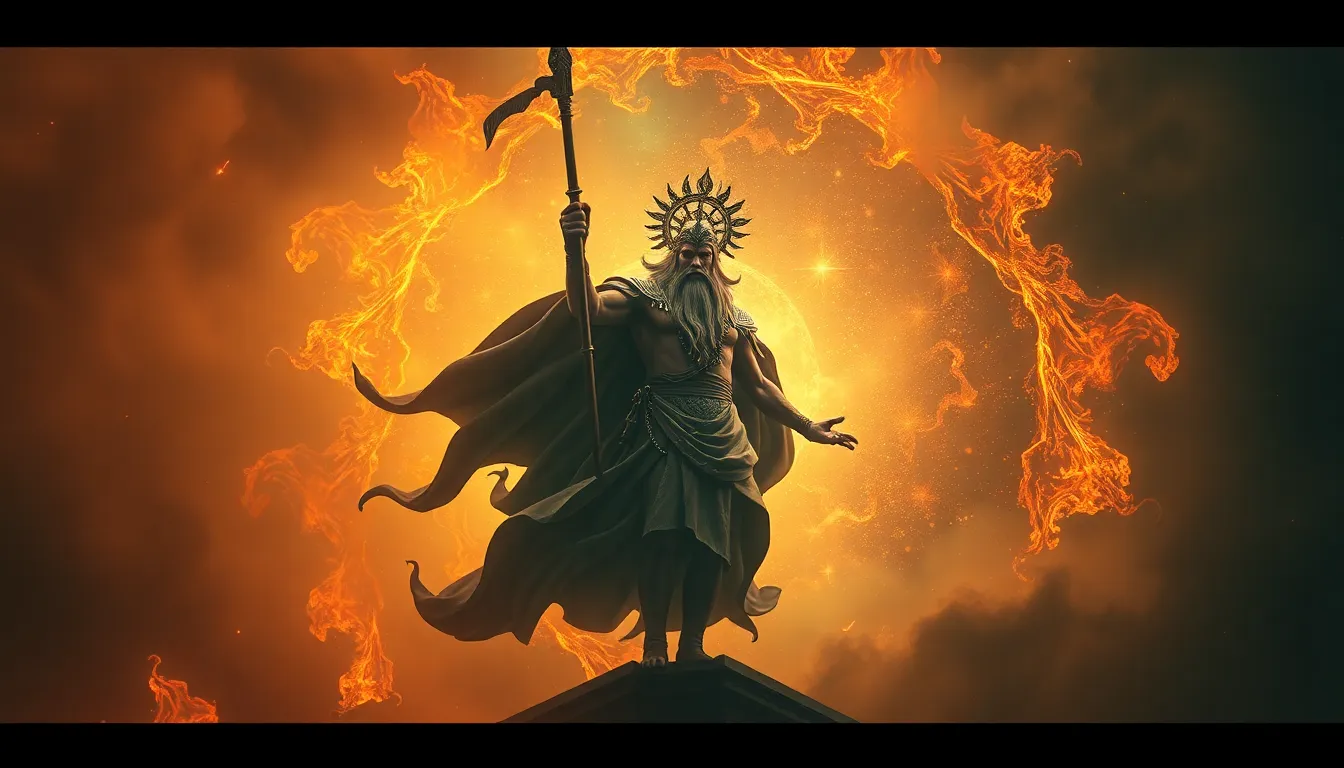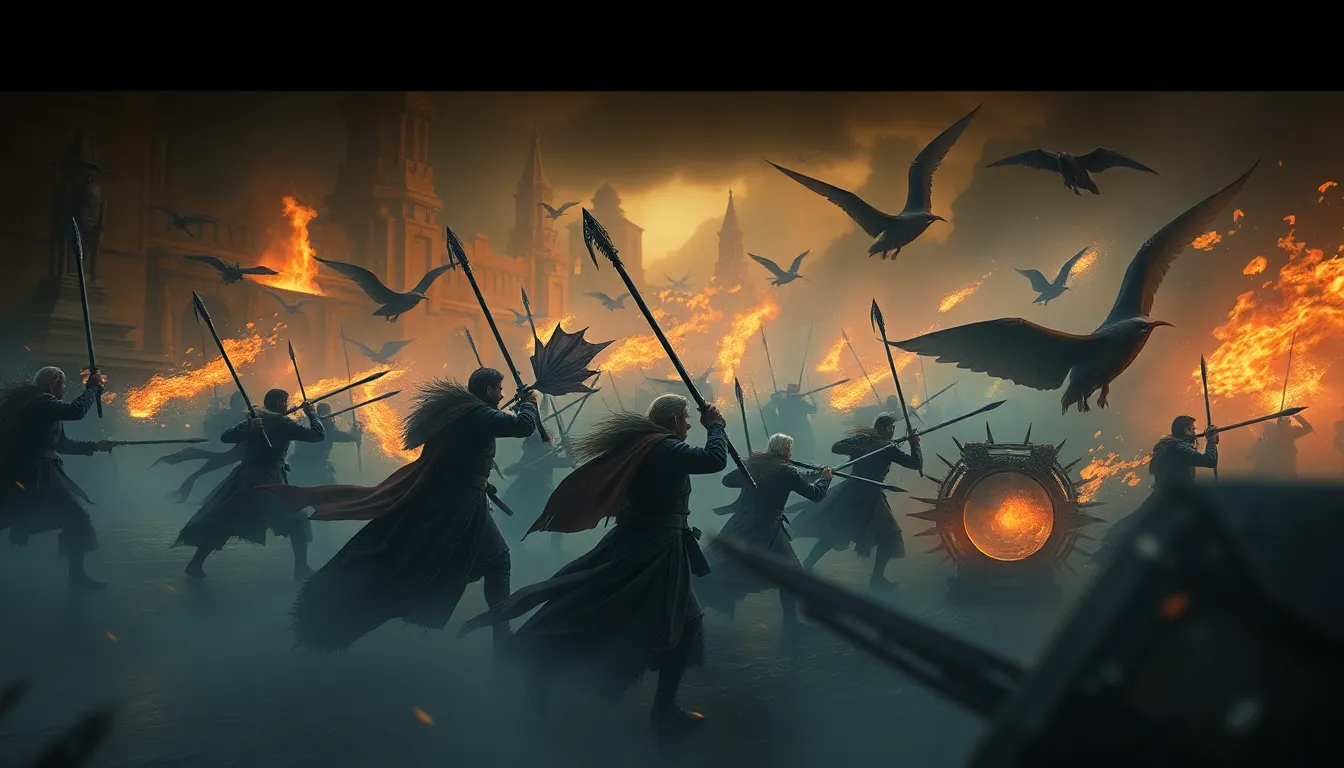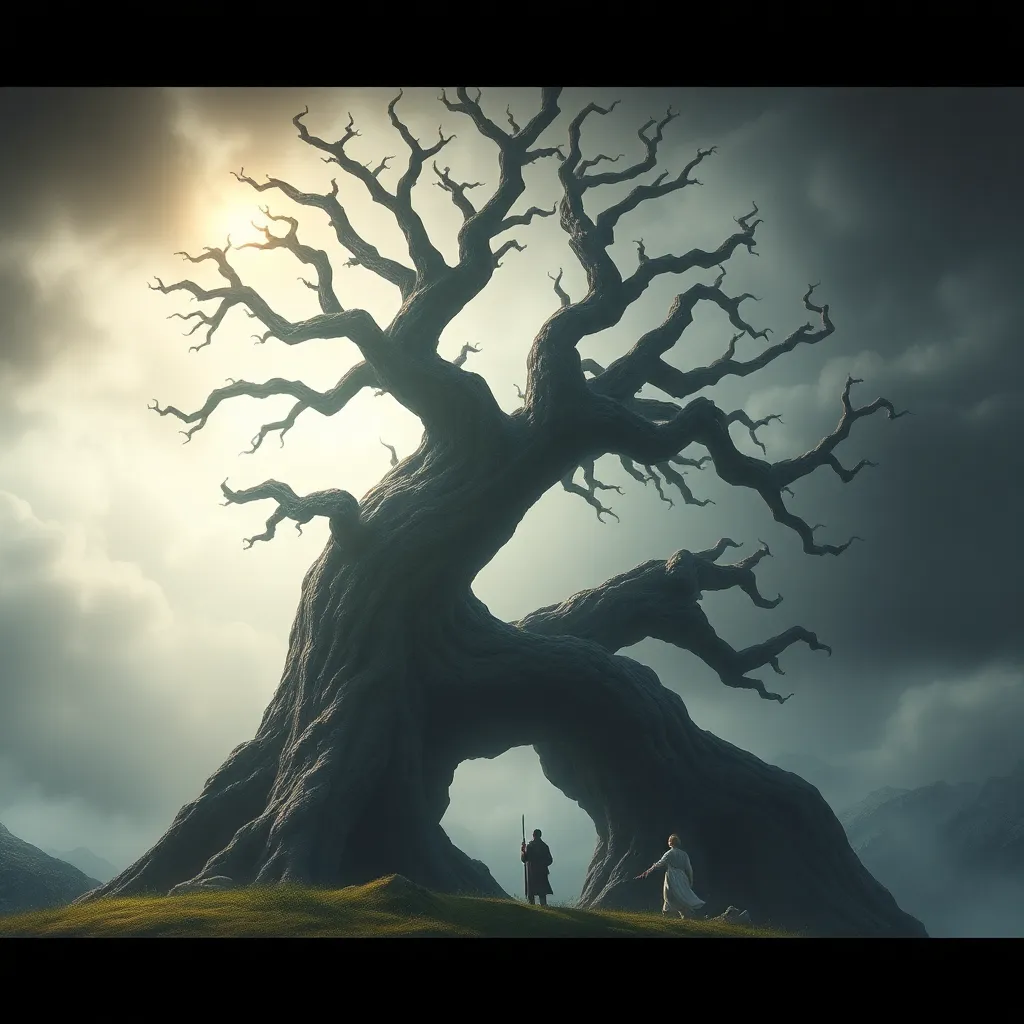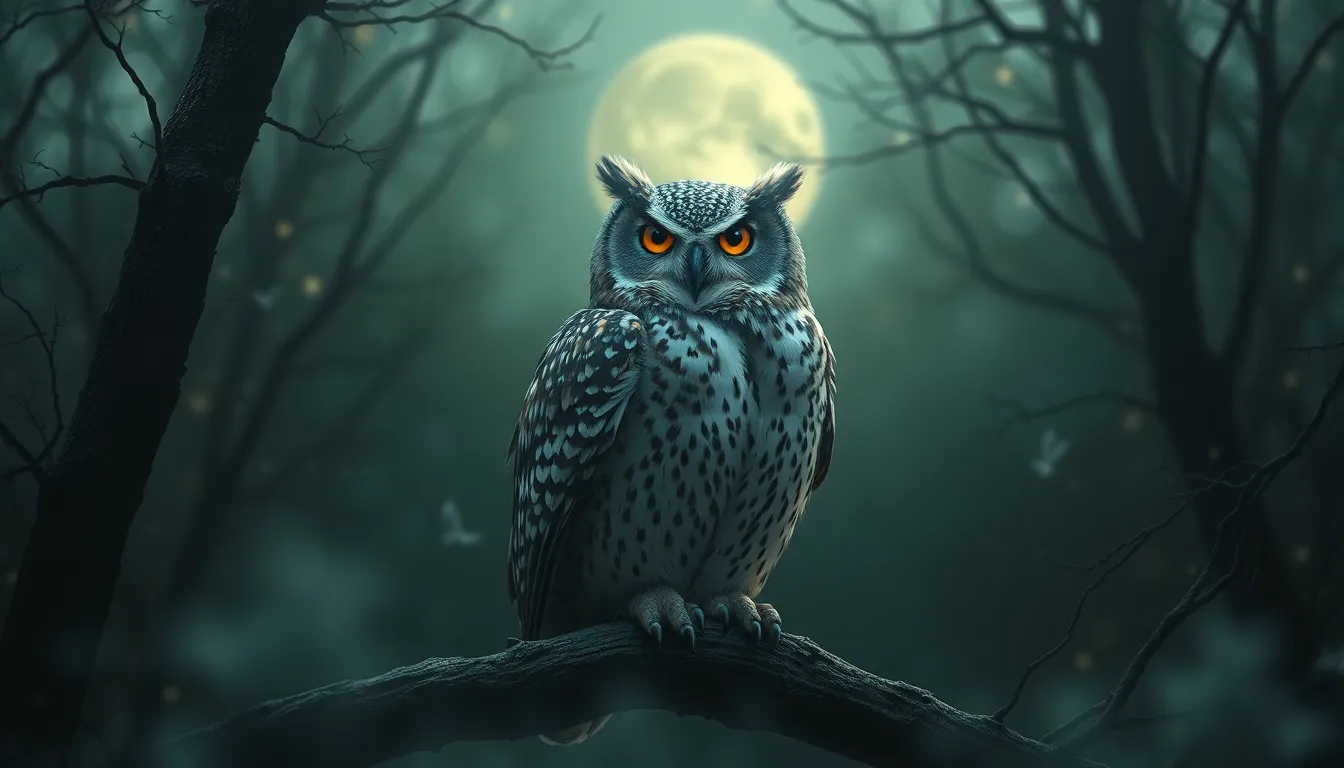The Mythical Influence of Cultural Heroes on Our Lives
I. Introduction
Cultural heroes are figures celebrated for their extraordinary qualities, achievements, or contributions to society. They often embody ideals, values, and aspirations that resonate deeply within a culture. The importance of cultural heroes in society is multifaceted; they can inspire individuals, shape cultural narratives, and influence social movements. This article will explore the origins, characteristics, and impact of cultural heroes on our lives, particularly focusing on their influence on youth and social change.
II. The Origins of Cultural Heroes
Historical context reveals that cultural heroes have existed in various forms across societies throughout time. In ancient civilizations, heroes were often depicted in mythology and folklore, embodying the virtues and struggles of their people.
- In Greek mythology, heroes like Hercules displayed immense strength and courage.
- In Native American folklore, figures like the Trickster challenged norms while imparting wisdom.
- In African traditions, figures such as Anansi the Spider taught moral lessons through cleverness and cunning.
Storytelling has played a crucial role in shaping these cultural heroes. Through narratives passed down through generations, societies have created rich tapestries of heroism that reflect their values and aspirations.
III. Archetypes of Cultural Heroes
Cultural heroes often share common characteristics that define their archetypes. These heroes are typically courageous, selfless, and resilient, serving as role models for society.
Some prevalent archetypes include:
- The Warrior: Embodies strength and bravery, often fighting against injustice.
- The Sage: Represents wisdom and knowledge, guiding others with insight.
- The Rebel: Challenges the status quo, advocating for change and reform.
- The Savior: Acts to protect and uplift others, often sacrificing personal gain for the greater good.
These archetypes resonate across cultures, illustrating universal human experiences and aspirations.
IV. Cultural Heroes in Modern Society
In contemporary society, cultural heroes can be found in various fields such as politics, sports, and entertainment. Figures like Nelson Mandela, Serena Williams, and Malala Yousafzai serve as modern-day heroes, inspiring millions through their actions and advocacy.
The rise of social media has amplified the visibility of cultural heroes, allowing for broader engagement and connection. Platforms like Twitter and Instagram enable individuals to share stories and achievements, fostering a new generation of heroes.
When comparing historical and modern cultural heroes, one can observe shifts in the criteria for heroism, with an increasing emphasis on relatability and social impact.
V. The Psychological Impact of Cultural Heroes
Cultural heroes significantly influence individual identity and self-concept. They often provide models for behavior and aspirations, guiding people toward their own potential.
Cultural heroes also play a role in shaping societal values and norms. By embodying ideals such as courage, resilience, and compassion, they encourage communities to adopt these values.
Psychological theories related to hero worship and admiration suggest that individuals often project their aspirations onto heroes, creating a psychological bond that can inspire personal growth and development.
VI. The Influence of Cultural Heroes on Youth
The importance of cultural heroes in youth development cannot be overstated. Young people often look to heroes as sources of inspiration and guidance during formative years.
Case studies demonstrate how youth have been positively influenced by cultural heroes:
- Many young athletes cite figures like Michael Jordan or Kobe Bryant as inspirations for their dedication and work ethic.
- Activists like Greta Thunberg have motivated youth to engage in environmental advocacy.
However, idolizing cultural heroes can have potential dangers. Unrealistic expectations can lead to disillusionment when heroes are found to be flawed or human.
VII. Cultural Heroes and Social Change
Throughout history, cultural heroes have spurred social movements and catalyzed change. Figures such as Martin Luther King Jr. and Rosa Parks are emblematic of how individual courage can ignite collective action.
The effectiveness of cultural heroes in promoting activism lies in their ability to mobilize support and inspire action. The “heroic journey” concept often frames social justice movements, illustrating the challenges and triumphs involved in pursuing justice.
VIII. Critique of Cultural Heroes
While cultural heroes can inspire, there are also pitfalls associated with hero worship. Unrealistic expectations can lead to disillusionment, particularly when heroes fail to meet the ideals projected onto them.
The impact of flawed heroes on public perception can be profound, as society grapples with the complexities of human nature. Recognizing diverse narratives beyond the singular hero can provide a more nuanced understanding of heroism.
IX. Reimagining Cultural Heroes
The importance of inclusivity in the portrayal of cultural heroes is increasingly recognized. Emerging heroes from marginalized communities challenge traditional narratives and broaden the definition of heroism.
By reimagining heroes to include diverse perspectives, society can create a richer tapestry of role models that reflect the complexities of human experience. This inclusivity can profoundly influence future generations.
X. Conclusion
The influence of cultural heroes on our lives is multifaceted, shaping individual identities, societal values, and social movements. As we reflect on the ongoing evolution of cultural heroes in society, it is essential to engage critically with their narratives.
Encouraging a deeper understanding of cultural heroes, their complexities, and their impact can empower individuals to draw inspiration while maintaining a realistic perspective. Through this engagement, we can ensure that the legacy of cultural heroes continues to evolve and inspire future generations.




